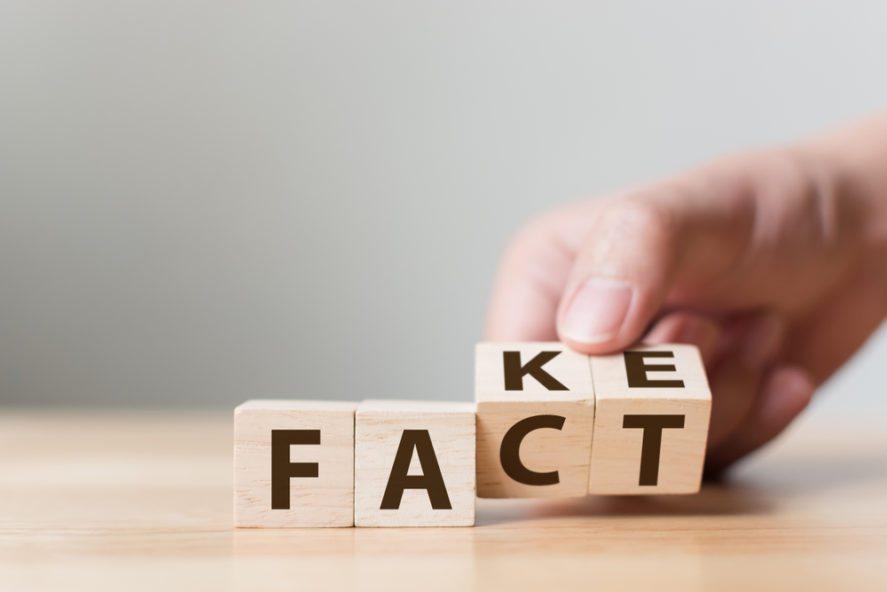
$300 Million Dollars Later…
Google announced Tuesday that it plans to spend $300 million over the next three years to help combat the spread of misinformation online and help journalism outlets.
According to The Washington Post, “Google has adjusted its systems and rankings to lead people to ‘more authoritative content’ on Google search and YouTube, especially when it comes to breaking news events. Google said that bad actors often exploit these situations, seeking to surface inaccurate content on Google’s platforms.”
The changes come as Google, Facebook, and Twitter face a backlash over their role during the U.S. presidential election by allowing the spread of false and often malicious information that might have swayed voters during the presidential campaign.
“While we take great care to present the most authoritative information, there are many cases where users can and will find information that’s not authoritative,” Google’s vice president of news products, Richard Gringas, said about the search engine.
Google’s services have immense reach. About 1.6 billion people watch YouTube videos every month.
Last week YouTube chief executive Susan Wojcicki announced the platform will soon roll out excerpts from Wikipedia to accompany videos about conspiracy theories. The text boxes and links to Wikipedia pages are designed to offer users alternative information. YouTube, which uses automated systems to recommend content to users, has been criticized for elevating salacious and extreme content.
CNN Money reports what some of the $300 million will go to. “There’s a Disinfo Lab, set up with the Shorenstein Center at Harvard’s Kennedy School, ‘to combat [mis]information during elections and breaking news moments.’ There’s also a new project called MediaWise — a partnership with Poynter Institute, Stanford University, and the Local Media Association to develop a digital literacy curriculum.
TUNE INTO THE NIGHT SHOW WITH KEV, WEEKDAYS 7 PM-MIDNIGHT.
Follow Kev on Instagram or Twitter.









